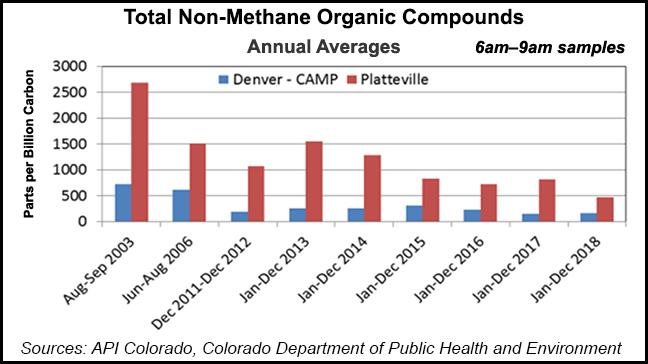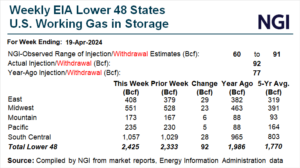Colorado’s proposed Greenhouse Gas (GHG) Pollution Reduction Roadmap should be sector- and technology-impartial, incentive-driven and as flexible as possible, while considering the potential economic impacts on all stakeholders, according to the American Petroleum Institute Colorado (API CO).
API CO executive director Lynn Granger authored the group’s Nov. 12 public comment on the draft plan, which Gov. Jared Polis announced Sept. 30.
The roadmap targets a 26% reduction in total GHG pollution from 2005 levels by 2025, and a 50% reduction by 2030.
Granger said that while API supports Colorado’s efforts to reduce GHG emissions, “policymakers should keep in mind that these actions and policies need not be prescriptive or overly burdensome – policies should be...



